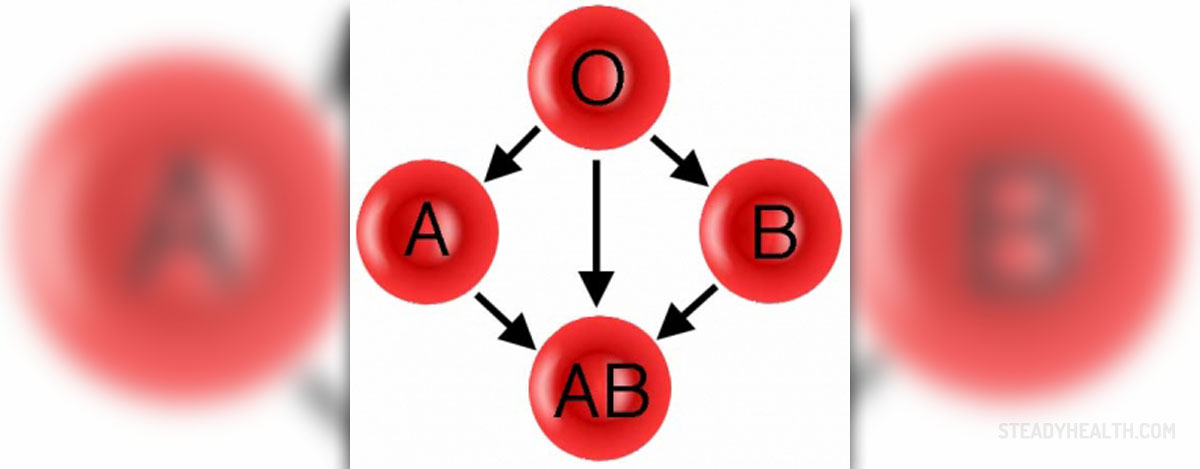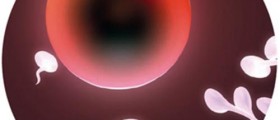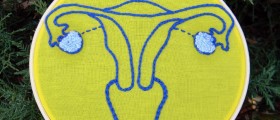
The study looked at a group of women who sought fertility treatments, all in their thirties. Those with blood type O actually the most common blood type in the United States were found to have increased odds of having fewer eggs left in their bodies, causing an inability to get pregnant. Normally, ovarian reserves go down in a woman's fourth decade as she is approaching the menopause.
Lubna Pal, a researcher in reproductive endocrinology from the Yale University School of Medicine, authored this study published in the Human Reproduction journal. Pal pointed out: "I don't want the message to be that women in the healthy population should be petrified that their blood type may predict compromised fertility." Still, while this subject clearly requires a lot of follow-up research, if the link between blood types and infertility is proven to be real, then it would not have to be a negative finding at all. To the contrary; a proven link could help women with blood type O gain access to relevant treatments earlier than they might otherwise have done.
So, how do researchers measure ovarian reserves women have? Fertility specialists measure a woman's level of follicle-stimulating hormone, also known by its abbreviated name FSH. Women in their thirties don't normally get these levels tested, but you will as soon as you check into a fertility clinic. Pal said, following the study, that there are a certain group of women who are young, but whose bodies act as if they were older.

















Your thoughts on this
Loading...